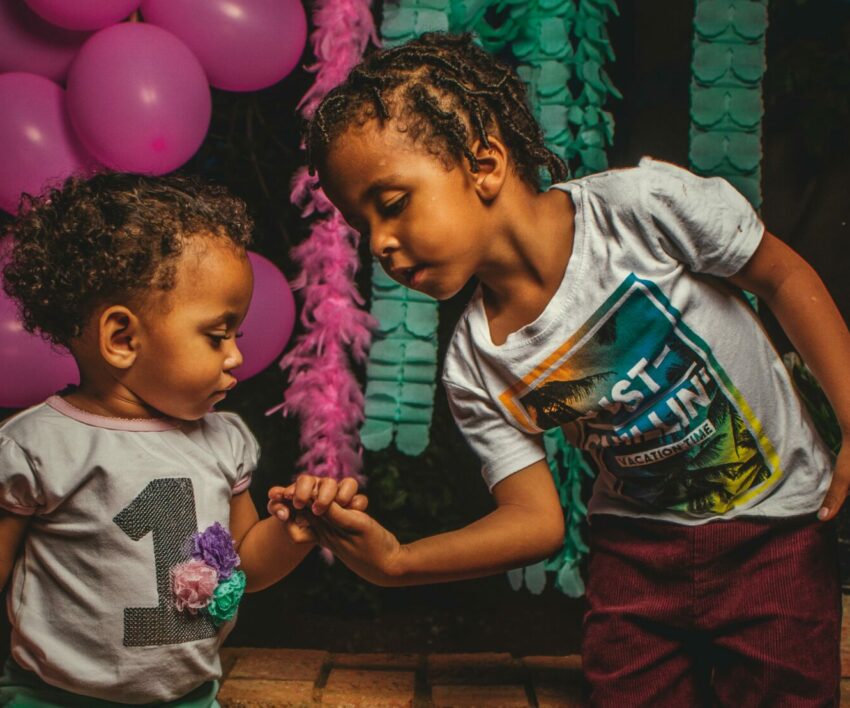
siblings: picture: pexels
Life with a sibling who has a disability is a journey unlike any other. It’s filled with challenges, deep connections, and powerful lessons about empathy, resilience, patience and love. While the bond you share can be incredibly rewarding, it also requires navigating unique dynamics that can shape your outlook on life.
Let’s explore the ups and downs of growing up with a differently-abled sibling and how it can transform your life in extraordinary ways. The Clay Centre for Young Healthy Minds states that siblings of children with disabilities face unique challenges and often struggle to cope with their own needs.
The publication explains that siblings spend more time with each other in childhood and are in the life of the disabled family member longer than anyone else, including parents. Therefore the impact of having a disabled sibling changes over the lifespan, with the abled siblings worrying about how their sibling will fit in with peers and who will care for them if their parents aren’t around.
“There can be a mixture of emotions that range from jealousy (Why does he get all of the attention?) to protection. At a very young age, siblings start to worry about who will care for their disabled sister or brother if mom or dad aren’t around. These issues tend to become more important as the siblings age.”
I have an autistic baby brother, he’s five years old and if there’s anything I’ve been learning ever since his diagnosis is that, no matter how hard we try to force “normal” into his growth and development, he will always do things his way and that will always work f0r him. With him, we learn something new every day, it requires us to pay strict attention to detail when it comes to his communication as he’s unable to speak.
According to Raising Children, children and teenagers often experience various emotions when having a sibling with a disability, therefore to foster a sense of importance, parents are advised to talk about their feelings, solve problems together, spend time together, help connect with their siblings, understand their disability, and find the right support.
“Your other child or children need to feel that they’re just as important to you as your child with a disability. They need to feel that you care about them and what they’re going through.”
